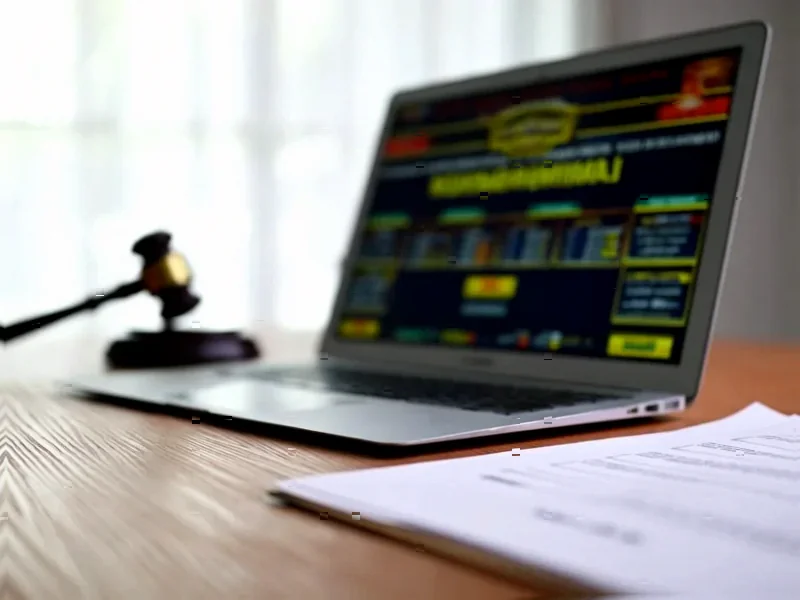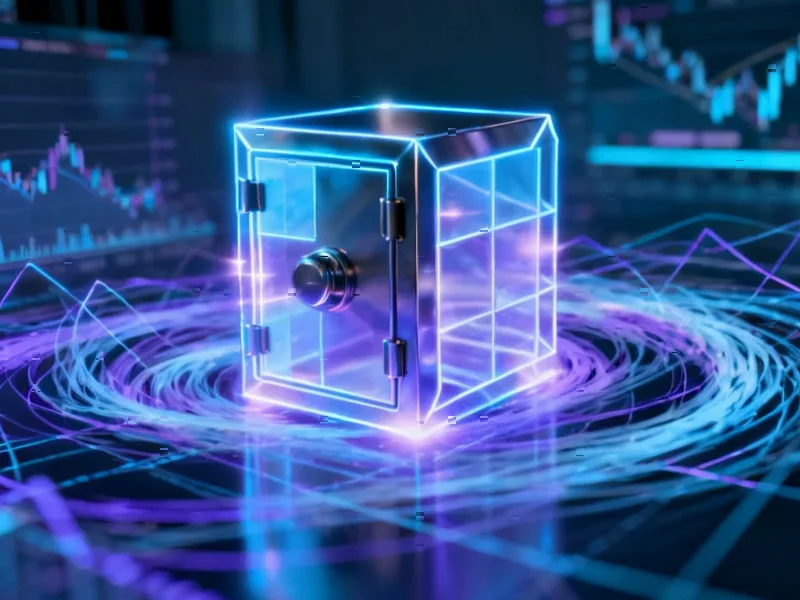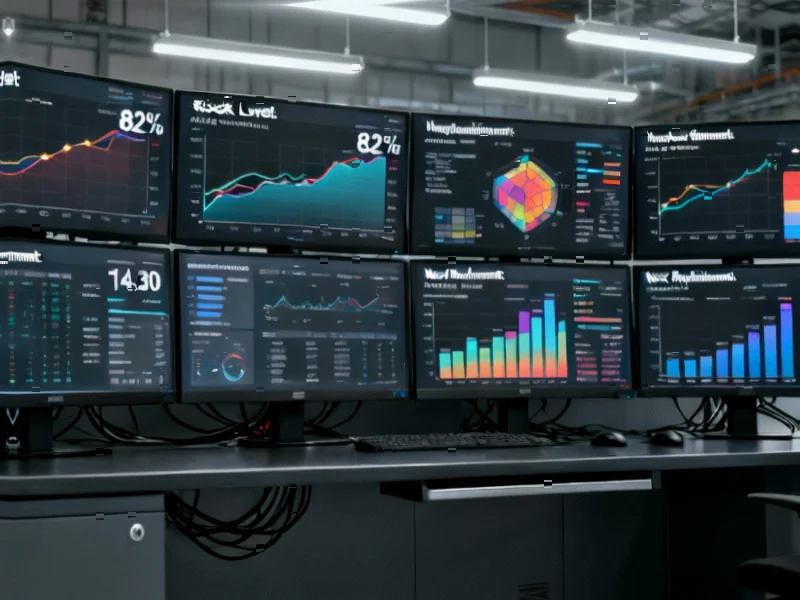According to Polygon, streamer Jesse Keighin, known online as EveryGameGuru, has been ordered to pay Nintendo $17,500 in damages after a Colorado federal judge ruled against him in a copyright infringement lawsuit. The legal battle began in November 2024 and involved Keighin streaming at least ten different pirated Nintendo games before their official release dates, including titles like Mario & Luigi: Brothership and Pikmin 4. Court documents revealed he streamed pirated content on at least fifty occasions and openly promoted emulators and pirated game keys while taunting Nintendo, once claiming he had “a thousand burner channels” to evade platform bans. The case proceeded via default judgment after Keighin ignored multiple attempts to serve him with the lawsuit, resulting in a permanent injunction against future copyright infringement though some requested restrictions were denied. This ruling demonstrates Nintendo’s continued aggressive stance against piracy enforcement.
The Business Logic Behind Selective Lawsuits
Nintendo’s approach to this lawsuit reveals a sophisticated cost-benefit analysis in intellectual property protection. The relatively modest $17,500 judgment amount—compared to the company’s ongoing $4.5 million lawsuit against a Reddit moderator—suggests this case was strategically calibrated for maximum deterrent effect rather than financial recovery. For a company that generated $13 billion in revenue in its last fiscal year, the financial damages are negligible. The real value lies in creating a precedent that discourages similar behavior across the streaming ecosystem. By targeting a particularly vocal and defiant streamer who openly mocked their enforcement efforts, Nintendo sends a clear message to the broader community that even persistent offenders with multiple accounts cannot evade consequences indefinitely.
Protecting the Release Window Economy
The timing of Keighin’s infringement—streaming games before official release dates—represents a particularly sensitive vulnerability in Nintendo’s business model. Modern game launches depend heavily on building anticipation and maintaining control over initial consumer access. Early piracy undermines marketing campaigns, pre-order incentives, and the crucial first-week sales metrics that often determine a title’s commercial success. Nintendo’s aggressive response reflects how digital distribution and streaming platforms have created new vectors for pre-release content leakage that traditional retail models didn’t face. The company’s injunction specifically targeting unauthorized streaming of unreleased games shows their recognition that the launch period represents the highest-value window for both sales and community engagement.
The Platform Accountability Question
Interestingly, the court denied Nintendo’s request for an injunction against unnamed “third parties” who might assist Keighin, which points to the complex jurisdictional challenges in modern copyright enforcement. Streaming platforms operate in a legal gray area where they benefit from content they don’t directly create or license. Nintendo’s legal strategy appears focused on establishing clearer boundaries around platform responsibility without overreaching into legally uncertain territory. The court documents show Nintendo carefully documenting Keighin’s migration across platforms when banned, suggesting the company is building a case history that could support future actions against platforms that repeatedly host infringing content.
Setting Legal Precedents for Future Battles
This case represents another brick in Nintendo’s wall of legal precedents protecting its intellectual property ecosystem. Following their recent actions against the Yuzu emulator and Palworld, this lawsuit continues establishing that streaming pirated content constitutes commercial-scale infringement, not merely personal use. The detailed documentation of Keighin’s promotion of pirated game keys and emulators in the judge’s recommendation suggests Nintendo is systematically addressing each link in the piracy chain. This methodical approach creates a legal foundation that could be leveraged against more sophisticated piracy operations in the future, potentially including tools and services that facilitate unauthorized access to Nintendo’s content.
The Broader Impact on Content Creation
While framed as an anti-piracy measure, this enforcement strategy also serves to reinforce Nintendo’s controversial Creator Program, which controls monetization of Nintendo-related content on platforms like YouTube and Twitch. By establishing clear legal boundaries around unauthorized streaming, Nintendo strengthens its position in negotiations with content creators and platforms about revenue sharing. The message to the streaming community is unambiguous: Nintendo controls access to its content, and those who operate outside approved channels face legal consequences. This case demonstrates how intellectual property enforcement has become inseparable from platform strategy in the gaming industry’s evolving content ecosystem.




